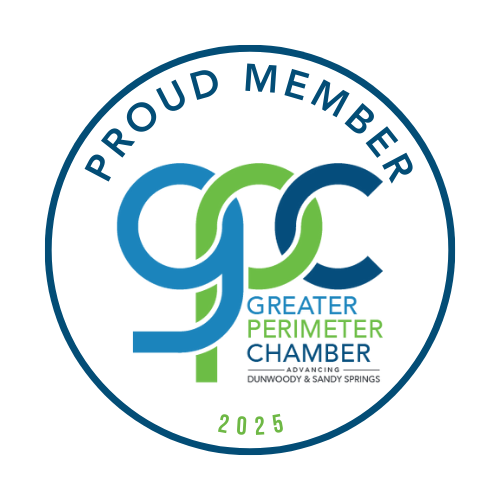Unleashing the Potential of Physical and Mental Health: The Connection Between Exercise and Mental Health

When considering our overall well-being, it is vital to acknowledge the strong correlation between our physical and mental health. Our bodies and minds are intricately linked in ways that significantly influence our happiness and quality of life. By comprehending and nurturing this bond, we can tap into the power of mental well-being, leading to a […]
Self-Care Practices for Individuals in Recovery

Recovering from addiction is a journey that requires dedication, perseverance, and support. It involves healing and personal growth encompassing the mind, body, and spirit. A crucial aspect of this journey is self-care, which empowers individuals to prioritize their well-being and make positive choices for their future. Self-care in recovery means recognizing the significance of tending […]
From Addiction to Empowerment: Inspiring Recovery Success Stories

Stories of recovery that highlight triumph over addiction serve as sources of hope and inspiration for individuals grappling with their struggles. These accounts provide a glimpse into the lives of individuals who have faced insurmountable obstacles and managed to overcome them, demonstrating that recovery is attainable. Atlanta Recovery Place understands the significance of conquering adversity, […]
How to Stop Alcohol Cravings

How to Stop Alcohol Cravings Both external and internal factors can trigger alcohol cravings. External triggers refer to the people, places, things, or times of day that offer drinking opportunities or remind individuals of drinking. These tempting situations are more pronounced, predictable, and avoidable. On the other hand, internal triggers can feel more mysterious as […]
Interrupting the Cycle of Addiction for Lasting Recovery

Interrupting the Cycle of Addiction for Lasting Recovery Addiction, a complex and chronic disease, is a cycle that can cause significant harm to an individual’s life. It impacts a person’s life’s physical, mental, social, occupational, and legal aspects. However, the good news is that addiction is treatable like other chronic diseases. Through the proper treatment […]
Recognizing the Warning Signs of Fentanyl Use in Loved Ones

Recognizing the Warning Signs of Fentanyl Use in Loved Ones The use of fentanyl, a potent synthetic opioid, has become a growing concern in recent years. Its high potency and availability make it a dangerous substance that can quickly lead to addiction and overdose. If you suspect a loved one may be using fentanyl, it […]
How to Treat Fentanyl Addiction

Breaking Free: A Comprehensive Guide to Treating Fentanyl Addiction Fentanyl, a powerful synthetic opioid, has become a growing concern in recent years due to its highly addictive nature and devastating impact on individuals and communities. Understanding the complexities of fentanyl addiction is crucial to providing effective treatment and support. Fentanyl addiction occurs when an individual […]
What is the Role of Ego in Recovery?

Nurturing Self-Worth: Overcoming Ego in Addiction Recovery Addiction recovery is a complex and challenging journey that requires a deep understanding of oneself. One crucial factor that significantly impacts recovery is the role of the ego. In this context, ego refers to our sense of self, identity, and self-worth. It is essential to recognize the presence […]
Rebuilding Trust: Steps to Heal a Codependent Relationship and Cultivate Healthy Connections

Codependency is a complex dynamic that can significantly impact individuals and their relationships. It occurs when someone excessively relies on another for their emotional well-being and self-worth. In a codependent relationship, boundaries become blurred, and one person’s needs are consistently prioritized over their own. This can lead to a cycle of unhealthy behaviors and an […]
A Lifeline of Support: Exploring How Support Groups Help in Addiction Recovery

Addiction is a complex and challenging journey affecting the individual and their loved ones. It can feel isolating and overwhelming, often impossible to overcome. However, no one should have to face addiction alone. Atlanta Recovery Place is here to provide a lifeline of support for those seeking recovery. Our treatment program offers comprehensive support through […]






